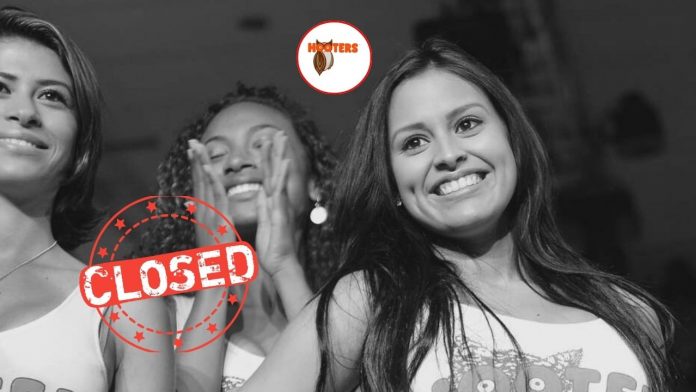Hooters, the restaurant chain famous for its wings and waitresses in bright orange shorts, has filed for bankruptcy—but it’s not disappearing anytime soon.
The company announced Monday that it’s restructuring and plans to sell all 100 of its company-owned restaurants to two franchisee groups that already run locations in Tampa and Chicago. Together, these groups operate about a third of Hooters’ franchised locations in the U.S., according to the announcement.
Continue Exploring: Lahori Beverages Nears ₹450 Crore Fundraise as Valuation Soars to ₹2,500 Crore – A New Challenger in India’s Booming Drinks Market
Like many other casual dining chains—including BurgerFi and Red Lobster—Hooters has struggled with rising costs and shifting consumer habits. The company has also faced legal challenges over workplace discrimination claims. Last year, it shut down several locations, citing higher expenses for food and labor.
Hooters expects to emerge from Chapter 11 bankruptcy in three to four months. CEO Sal Melilli framed the move as a necessary step to stabilize the company’s finances while continuing to provide the food and experience fans expect.
The bankruptcy filing, made in a Texas court, is a common strategy for businesses looking to reorganize their debts rather than shut down completely. Hooters says it will continue operating during the process but is reviewing its locations, meaning some may still close.
Continue Exploring: “Kuch Nahi Hoga”—Anupam Mittal Challenges This Dangerous Mindset in Policy Bazaar’s New Ad
Private equity firms Nord Bay Capital and TriArtisan Capital Advisors bought Hooters in 2019, but now the original founders are stepping back in as part of the buyer group. Neil Kiefer, CEO of franchisee group Hooters Inc., criticized past ownership, saying they lacked real ties to the brand. In an interview with Bloomberg, Kiefer also hinted at plans to make Hooters more family-friendly as part of its comeback strategy.





